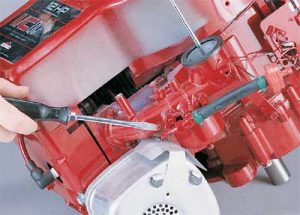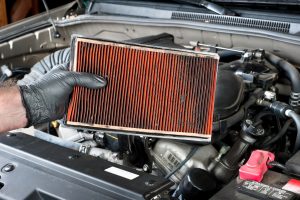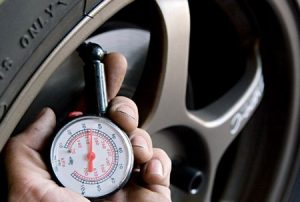 Now that the hot summer season has arrived, there are some important things to add to your checklist besides cookouts and laying around the pool. You may be aware of factors that can affect machinery in a cold climate and how they can shorten equipment life or cause loss of man hours on a job. Understanding that hot weather can equally affect the stress on many of the same systems can save you time and money.
Now that the hot summer season has arrived, there are some important things to add to your checklist besides cookouts and laying around the pool. You may be aware of factors that can affect machinery in a cold climate and how they can shorten equipment life or cause loss of man hours on a job. Understanding that hot weather can equally affect the stress on many of the same systems can save you time and money.
All equipment is slightly different in operation and application, but I hope some of these tips will help ensure that you can complete the tasks at hand with limited interruptions.
Check your coolant levels. Having the correct amount of coolant in all of your engines is vital to proper heat dissipation. If you are refilling often be sure to check for leaks.
 In work environments, there tends to be more objects flying around than usual, so be sure to check air filters. Clogged filters reduce air flow making the engine work harder and improperly. Think of it as if you were breathing through a straw for an extended period of time. Engines like as much clean air as the rest of us.
In work environments, there tends to be more objects flying around than usual, so be sure to check air filters. Clogged filters reduce air flow making the engine work harder and improperly. Think of it as if you were breathing through a straw for an extended period of time. Engines like as much clean air as the rest of us.
Make sure that all heat regulating components such as radiators and coolers are also kept clean and clear of debris. Again, airflow is essential. Engine and transmission radiators can not only be clogged but can also be damaged to the point that they no longer can remove the excess heat.
Regular checking of tires is a must. Low tire pressure can create extra friction resulting in the buildup of heat. The additional heat will cause additional wearing, resulting in possible blowouts or more frequent replacements.
You’ve most likely had battery problems in the winter with dead or low power levels. Hot weather will cause more damage to your battery than cold ever will. The elevated temperatures will accelerate the evaporation of liquids within the battery causing loss of current or even battery failure.
I f there are cooling fans for your radiators, make sure that are in good working order. Electric fans can burn out or stop due to electrical problems. Fuses are usually the cause, but it could be a larger problem with the motor itself. Belt driven fans will most commonly fail due to worn and cracked belts.
f there are cooling fans for your radiators, make sure that are in good working order. Electric fans can burn out or stop due to electrical problems. Fuses are usually the cause, but it could be a larger problem with the motor itself. Belt driven fans will most commonly fail due to worn and cracked belts.
Know that maximum operating capacity or speed of your equipment. Pushing it over the limit will cost more time and money than it will ever save for working it to failure.
Keep a maintenance and inspection log. Maintaining a schedule keeps the guess work to a minimum and inspections common place.
Contributed by:
Eric Dahlinghaus
Calibrations Lab Technician